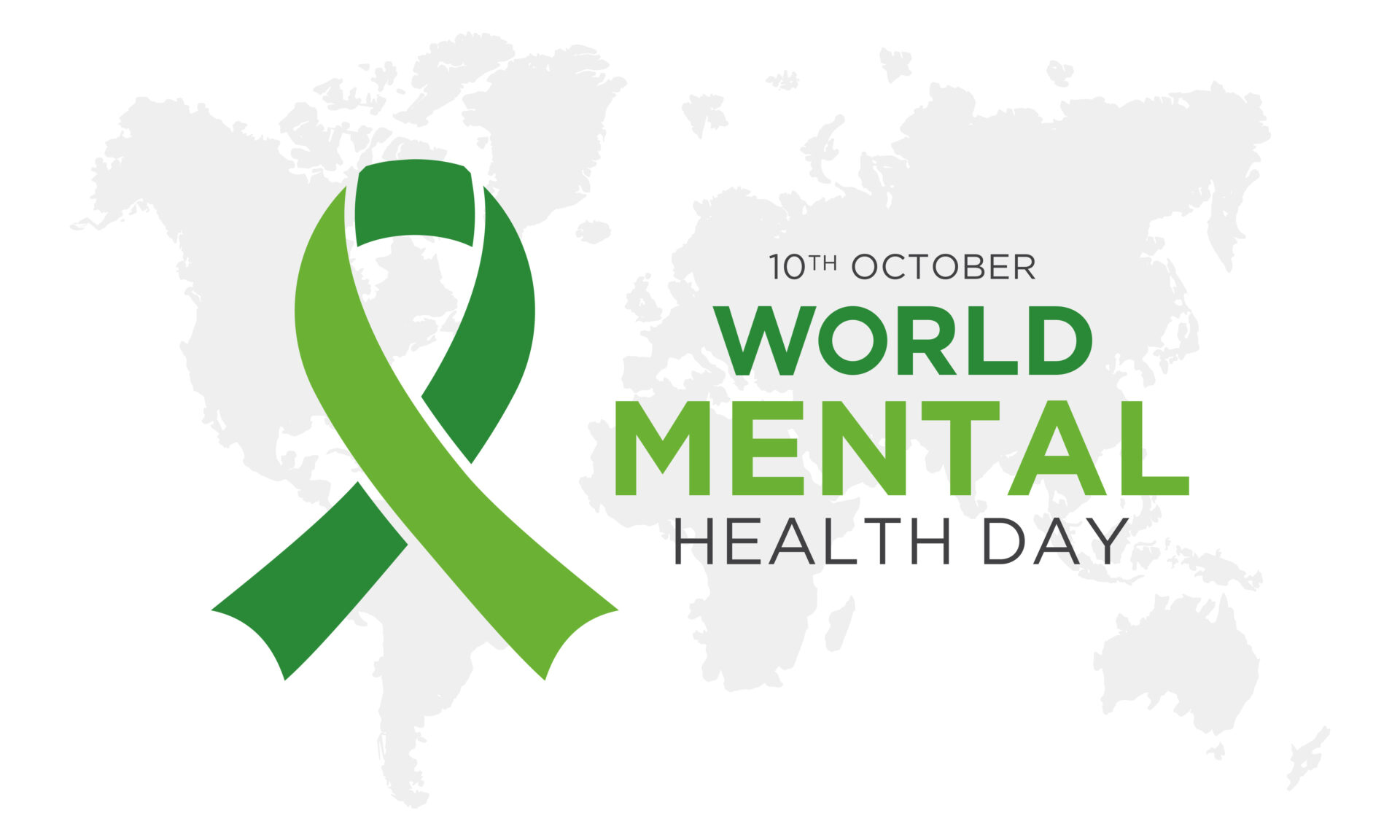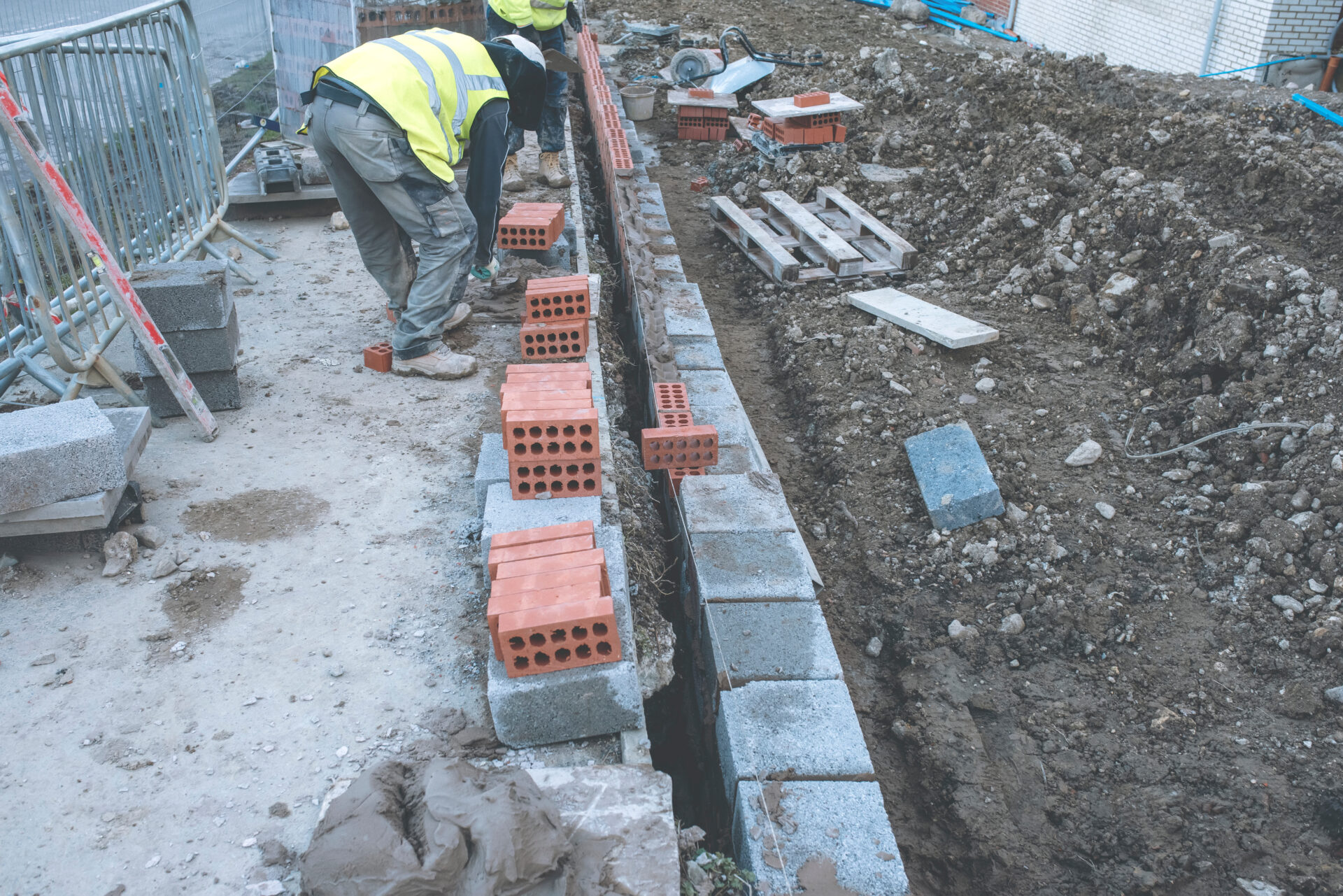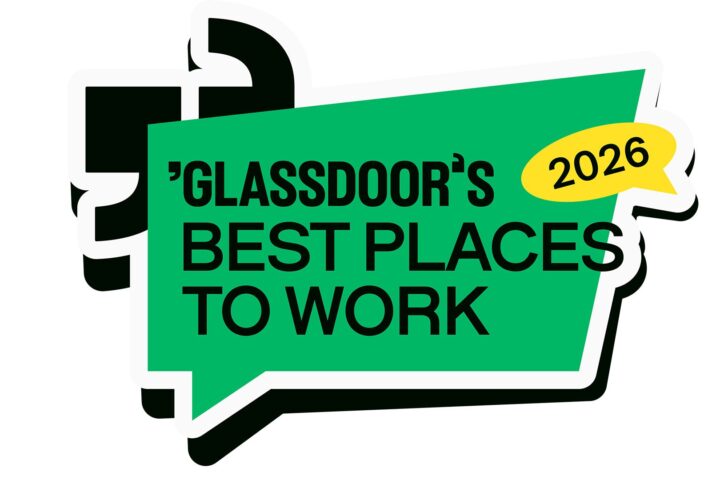RedArc has highlighted the growing strain on mental health caused by modern-day pressures such as heavy workloads, family demands, social media, and global uncertainty.
The organisation said these factors are fuelling demand for mental health support and increasing the prevalence of serious mental health conditions.
According to figures from Rethink Mental Illness, individuals are eight times more likely to wait more than 18 months for publicly funded mental health treatment than for physical health care.
RedArc warned that delays in accessing help can lead to deterioration and long-term consequences for individuals’ wellbeing. The company stressed that timely intervention can lead to rapid and meaningful recovery.
Mental health remains the most common reason people turn to RedArc for assistance. The company’s data shows that, with appropriate support, 83% of individuals experiencing severe anxiety or depression recover to a moderate level or better within three to four months.
Christine Husbands, commercial consultant at RedArc, said: “Supporting mental health conditions requires the expertise of qualified, clinically trained practitioners.
“Our data shows that with the relevant professional help, people can make significant strides towards recovery within a relatively short period; however, support must remain in place for as long as it is needed. Recovery is not a one-size-fits-all journey.
“No one can or should judge that an individual is ‘back to normal’ after a set number of counselling sessions or therapies.
“Everyone’s circumstances are unique, and these can change over time, sometimes for the worse, making ongoing support essential.”
RedArc is calling on insurers, employers, and individuals to encourage earlier and more proactive use of available mental health services.
Husbands added: “Our message for World Mental Health Day is clear: seeking support should be viewed as a sign of strength, and accessing help can make a profound difference to long-term wellbeing.”

















